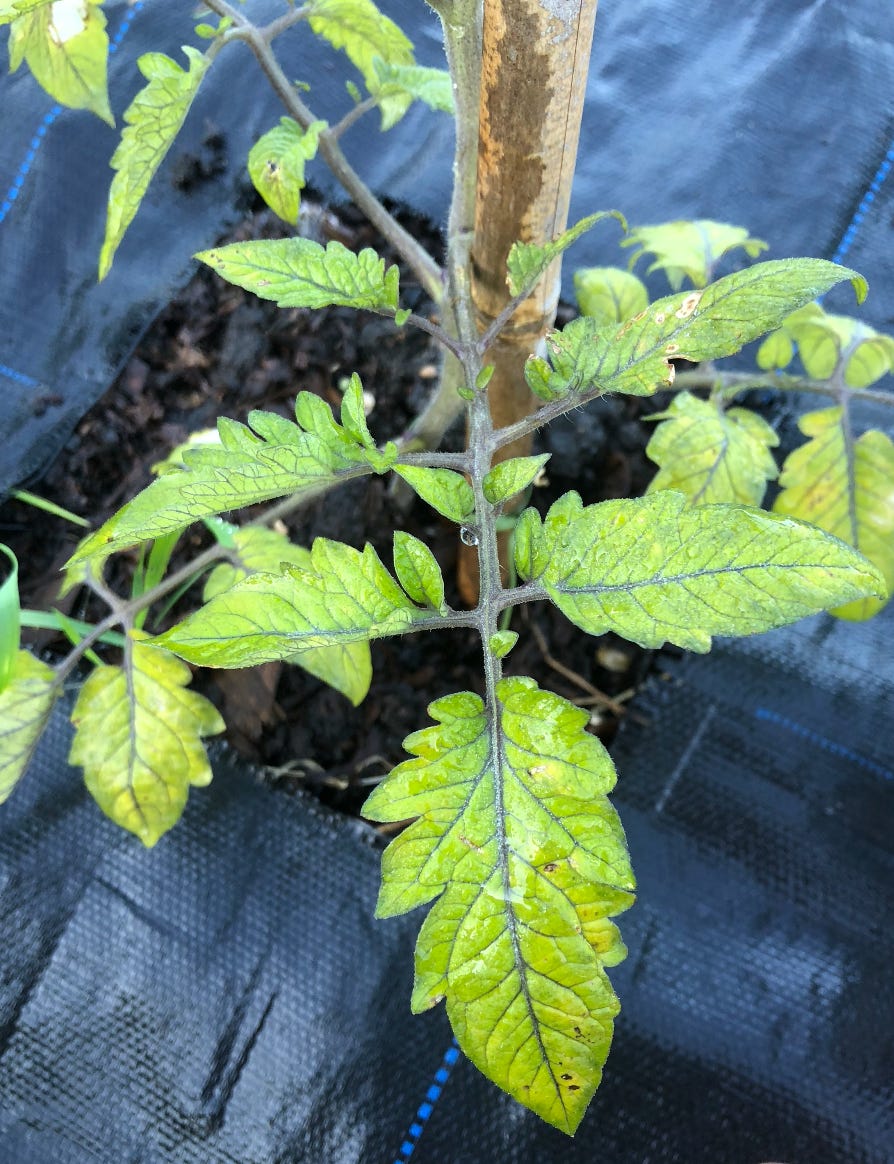A few summer’s ago, I was dead heading and tidying as I carefully moved through a very full herbaceous border. Nepeta was at my feet and the bed wobbled with gorgeous salvias, roses, penstemons and lavender. It was coming to the end of the season and aconitum towered at the back of the bed.
If you are a fellow gardener, you will know aconitum. It is the most poisonous plant in the UK and I always feel very nervous around it. The poison is concentrated at the root of the plant and historically, the Romans would rub the sap onto the tip of their arrow or spears to kill in battle (causing immediate organ failure, no thank you).


The plant is tall so generally sits at the back of a border, the dark hooded purple flowers unfurling at the end of Summer. The flowers have a sinister appearance, warning us to keep away however provide a certain beauty. I’m able to understand their place yet wouldn’t select them for my own garden. I have a client who has them dotted in all of her beds so cutting them down in Autumn is my least favourite task.
Back to the herbaceous border…. on this day, I noticed a movement out of the corner of my eye and to my surprise had found an unsuspecting crab spider. The spider had selected a David Austin rose, Rosa ‘Olivia Rose Austin’ to hunt. It clutched a dead honey bee in its grip and as I watched it slowly pulled the bee into its pillowly pink lair.
This spider is striking, its green tinged bulbous body is dimpled with bright red markings. Their name comes from their ability to move like a crab, both sideways and forward. The female spider can change colour, adapting to the flower it hunts on, varying from green, yellow, white to pale pink, yet the male cannot.
Their prey is any small insect which will land on the rose. With their pincers, they inject a venom to confuse their prey, then eject a liquid which will break down the insect so it can feed on it. Finally, it will toss away the insects body once it’s finished feeding.
Gardener’s tasks 🥀
This week I have been dead heading roses, mowing lawns, tidying up sprouting hedges and weeding. I can feel summer is here, the roses are slightly more tired and the flowers have less vigour, I’m feeding everything with tomorite and seaweed to perk them up
Allotment update 🍅
My partners tomatoes are suffering at the allotment, the leaves are yellowing and appear tired. I fed them with tomorite and I think I’ll have to make a few replacements tomorrow. I’m hoping the warm weather we’ve had of late will cheer them up.
I’m still a novice at growing vegetables and the reason I took on the allotment was to learn more so I can encourage my client’s to grow fruit and vegetables too. I really love Charles Dowding and find him to be a very helpful figure - he is the master of ‘No Dig’ and has really changed the way people approach soil, growing crops without disturbing the delicate mycelium network and ecosystem in the soil.
I’ll go to the allotment later today to complete the arduous take of thinning lettuce and strimming. As Charles Dowding says, the pleasure in gardening is keeping on top of things so no job becomes an unpleasant big job, ‘little and often’.
Final note, I saw this remarkable fox glove growing sideways in the brickwork of an estate wall. Nature will always persist and small things like this fill me with hope, the planet will continue regardless of the poor treatment we give her.
Bird of the week 🕊️
I saw my first nut hatch this week, it moved like a lizard up the tree and was a brilliant shot of pale blue. I heard its call first earlier in the week and then was lucky enough to see one. The RSPB website is always very informative about birds and I reference it all the time.
The moorhens and coots second clutch of eggs have hatched and tiny soot ball chicks are cheeping in the pond. I find pleasure in watching the birds grow up and can’t help but consider how quick the chicks lifecycle is. The incubate their eggs for 21-26 days, and once they’ve hatched will provide food for the chicks for approximately 2 months. After this, it is considered an adult and must fend for itself with a life span of 5 years.
See sweet photo below of Moorhen dad with chick in tow.







